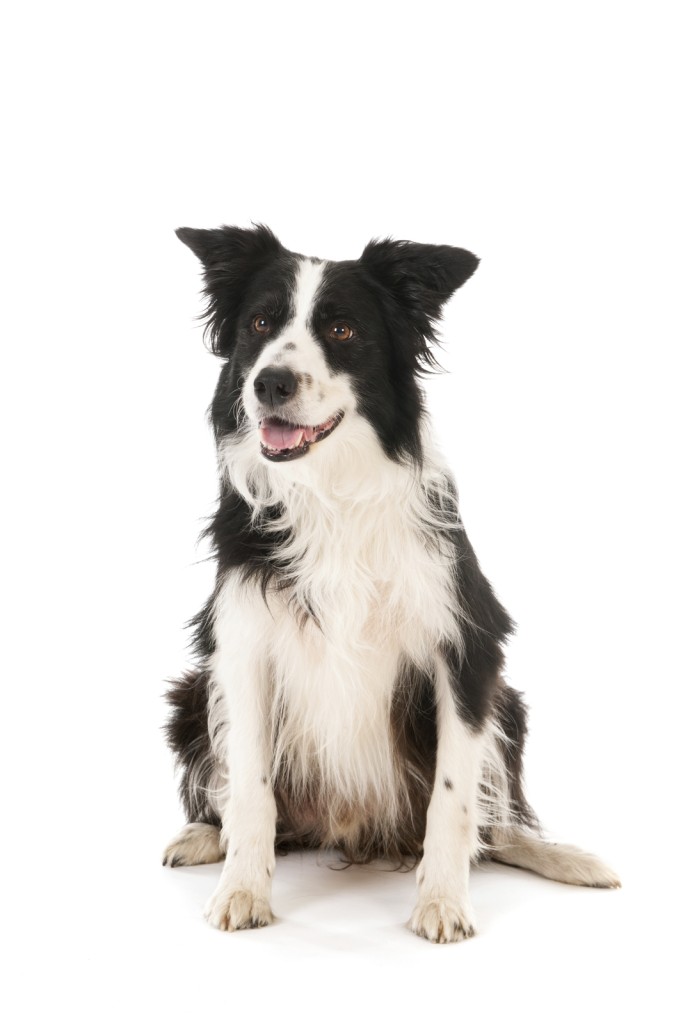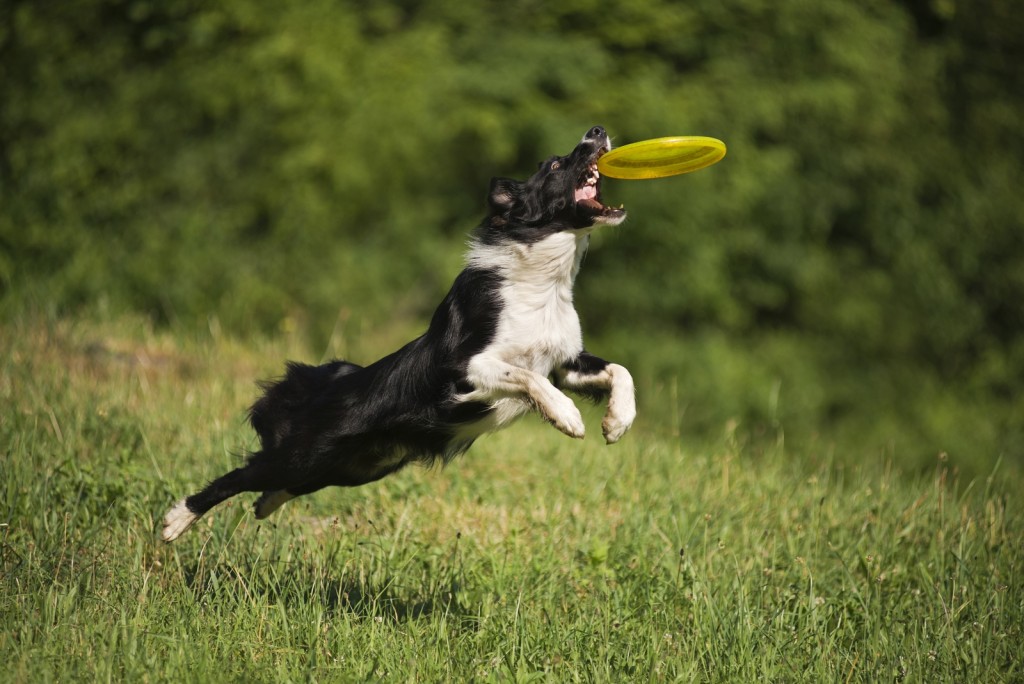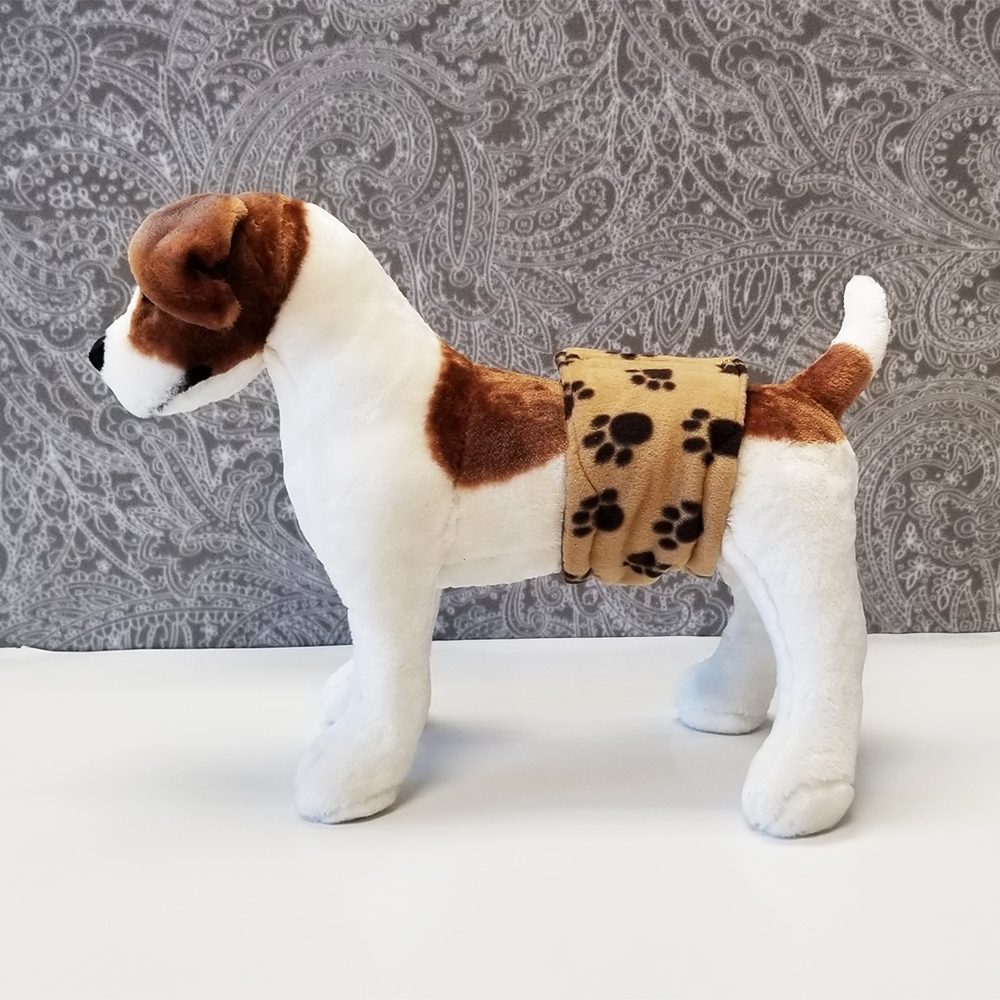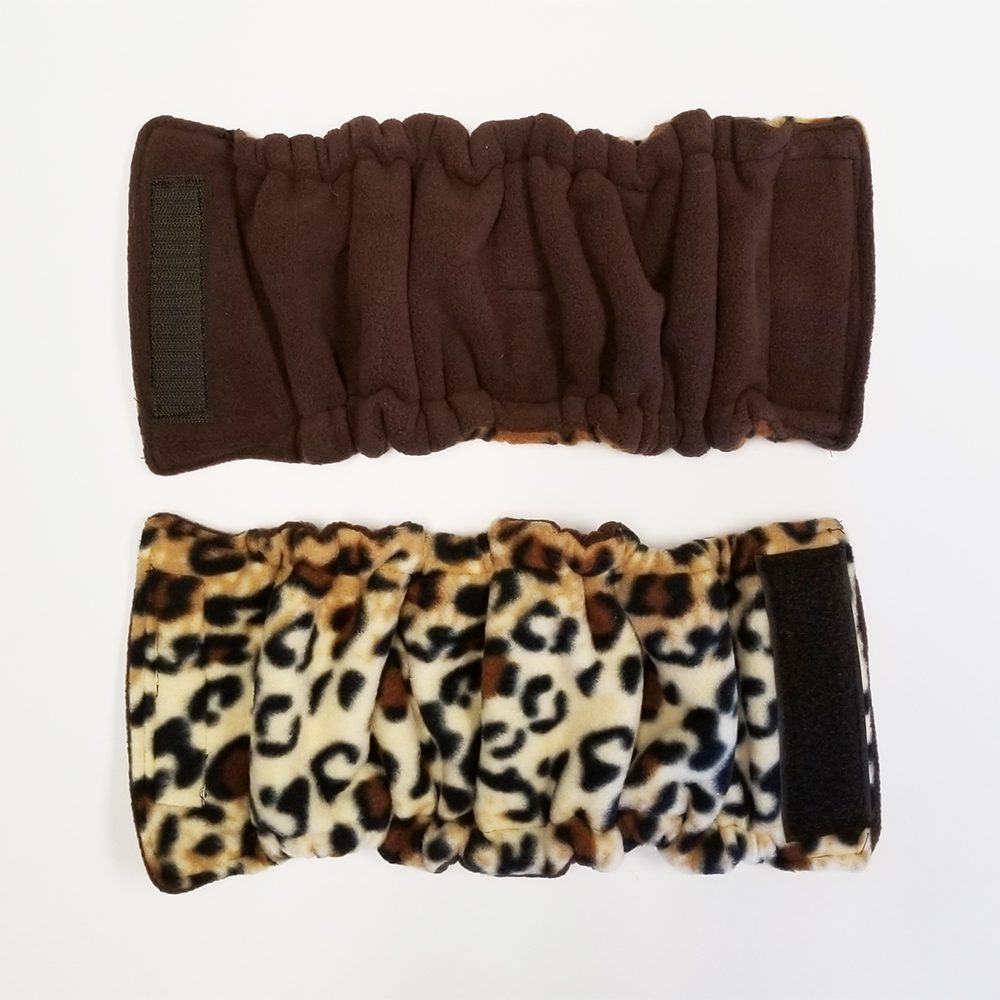Border Collie

Border Collie: The Intelligent and Energetic Herding Ace
Welcome to the in-depth guide on the Border Collie, revered for its exceptional intelligence, agility, and herding prowess. This page delves into the characteristics, training, and care of the Border Collie, a breed synonymous with energy and brainpower.
Overview
AKC Height: 18-22 inches
AKC Weight: 30-55 pounds
Colors: Many colors, with various combinations of patterns and markings. The most common color is black, with or without the traditional white blaze, collar, stockings and tail tip, with or without tan points. A variety of primary body colors is permissible – except all white. Solid color, bi-color, tri-color, merle and sable dogs are judged equally with dogs having traditional markings.
Life Expectancy: 12-15 years
Group: Herding Group
________________________________________

Physical Characteristics
- Athletic Build: Border Collies are medium-sized dogs with a well-proportioned build. They have great agility and stamina.
- Distinctive Coat: They have a double coat that can be either smooth or rough, with a variety of color patterns, most commonly black and white.
Temperament and Personality
Border Collies are known for their remarkable intelligence and eagerness to work. They are highly trainable and thrive on mental and physical challenges. Their keen herding instincts often manifest in a desire to organize and control.
Training and Exercise Needs
- Training: They excel in obedience and are quick learners. Training should be varied and challenging to keep them engaged.
- Exercise: This breed requires extensive daily exercise. Activities like running, fetching, agility sports, and herding trials are ideal.
- Mental Stimulation: Mental stimulation is as important as physical activity. Puzzle toys, advanced training exercises, and interactive play are essential.
Health and Nutrition
- Diet: A balanced diet appropriate for an active, medium-sized dog is vital. Your veterinarian can ensure your dog’s nutritional needs are met during regular vet checkups.
- Health Issues: While generally healthy, like all breeds they can develop hip/elbow dysplasia, Collie Eye Anomaly (CEA), PRA, epilepsy, hypothroidism, OCD. Regular health screenings and check-ups are important. Dog Health Dictionary
Grooming and Care
- Coat Maintenance: Regular grooming is necessary to maintain their coat’s condition and to manage shedding.
- General Care: Routine health care practices, including dental hygiene, nail trimming, and ear cleaning, are important.
Living with a Border Collie
- Family Life: They are good with families, especially in active households. Early socialization is key to managing their herding instincts around children and pets.
- Adaptability: While adaptable, they thrive in environments where they have space and freedom to move and play.
- Companionship: They form deep bonds with their owners and are happiest when involved in daily activities.
Responsible Ownership and Adoption
- Selecting a Breeder: Choose a breeder who prioritizes health and temperament and offers health clearances for their puppies.
- Adoption Options: Considering adoption from shelters or breed-specific rescues is a great way to provide a home to a Border Collie in need.
.
Conclusion: The Border Collie, with its unmatched intelligence, boundless energy, and impressive work ethic, is an ideal companion for those who lead an active lifestyle and can engage in regular training and exercise. Their dedication and loyalty make them a valued member of any family.
Housebreaking
PUPPY HOUSEBREAKING tips: https://www.dog-breeds.net/puppy-housebreaking/
ADULT MARKING AND RETRAINING tips: https://www.dog-breeds.net/dog-housebreaking-marking-page/



